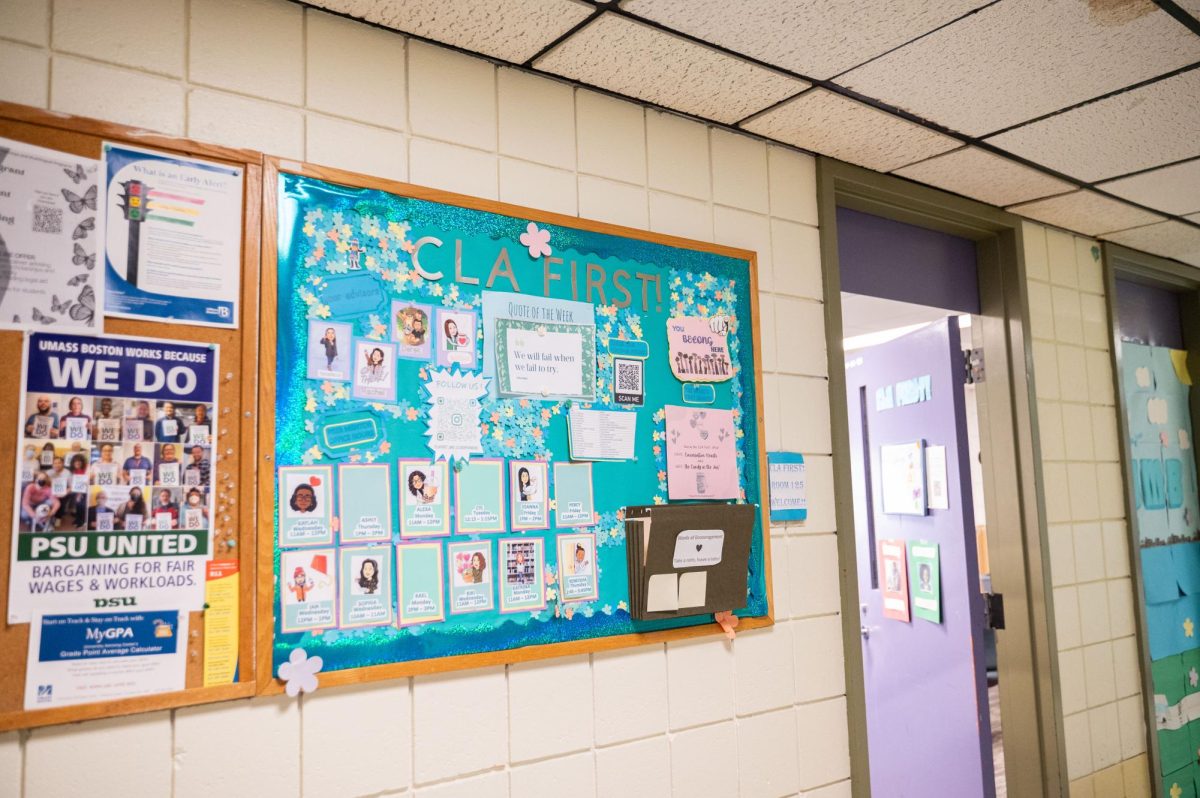College is known as one of the “best times of your life.” You make friends, learn new topics and, perhaps for the first time, are living away from home. But this experience isn’t cheap—getting a degree comes at some cost to everyone, and not just in terms of money. Sometimes it means having to uproot your life, putting other plans or dreams on hold and sacrificing your time. Young people are constantly told that attending some form of post-secondary education is nonnegotiable if they want to survive as an adult. College is supposed to open doors, set you up for success and make getting a “good,” well-paying job easier. However, many say that the major is what truly matters. Students who study STEM or business are seen as making a good decision, but their peers who settle on the liberal arts are often met with a more negative reaction. Why is this?
Choosing to major in the liberal arts carries a less-than-positive connotation simply because of money. Since college has become more about getting a well-paying job and less about spending time learning about what interests you, liberal arts majors are often told they are “wasting their time.” Hearing this is particularly damaging, even if said under the guise of concern for a student’s future. Choosing a liberal arts degree doesn’t automatically mean that your potential job will have a low salary, but this line of thinking has become entrenched in society.
The reality is that many people who become employed with a liberal arts degree can and do get paid well, especially in the long run. [1] Salaries for entry-level jobs in any field can be low, but over time the money one makes increases. Yes, certain jobs in STEM and business begin with higher salaries, but this does not mean that other areas of work cannot be paid well too. Liberal arts degree-holders are able to pursue a multitude of different careers, many of which are not only essential, but also highly respected. For example, some teachers major in English while in college. But we don’t say that doing so was a waste of time, because teachers are extremely important, despite not being paid nearly as much as they should be. [2] Having a higher salary does not automatically mean that your job is more valuable or even more laborious. That is indisputable.
Across the world, college students are regularly required to take general education courses alongside the classes needed for their major and minor. Gen eds sometimes have nothing to do with what you plan to study, resulting in many students feeling like they’re useless. Learning subjects that seem unrelated to one’s field of study encourages retaining new skills, expanding one’s mindset and providing a look into other subjects. A biology student taking a sociology class may be able to see connections between natural and social science, and have this added information inform and improve their major-related studies. This is not at all dissimilar to what happens while getting a liberal arts degree. Being a humanities, social studies or fine arts major builds crucial critical thinking and problem-solving abilities that are genuinely necessary for any workplace, or even simply living life. How could that possibly be considered a “waste?”
Our world needs liberal arts majors. We need social workers, writers, artists and teachers, amongst hundreds of other jobs. These careers usually can only be conducted by humans, and as other fields become obsolete due to technological advancements, they are more needed than ever. It is not only cruel, but counterintuitive to tell liberal arts majors that they are making a mistake by pursuing their degree. College is a time to learn what actually interests you before you decide on your career. There should be no shame placed upon students who choose to immerse themselves in the humanities or social sciences because it is more than just four years of learning. These degrees can open the door to a lifetime of learning, helping others and bettering the world. So, even if you choose to pursue a STEM or business degree, at the very least don’t look down upon your peers in the liberal arts. Perhaps try these classes out for yourself and see what you take away. It’s never a “waste” to expand your mind.
SOURCES:
[2] https://www.census.gov/library/stories/2022/07/teachers-among-most-educated-yet-pay-lags.html



